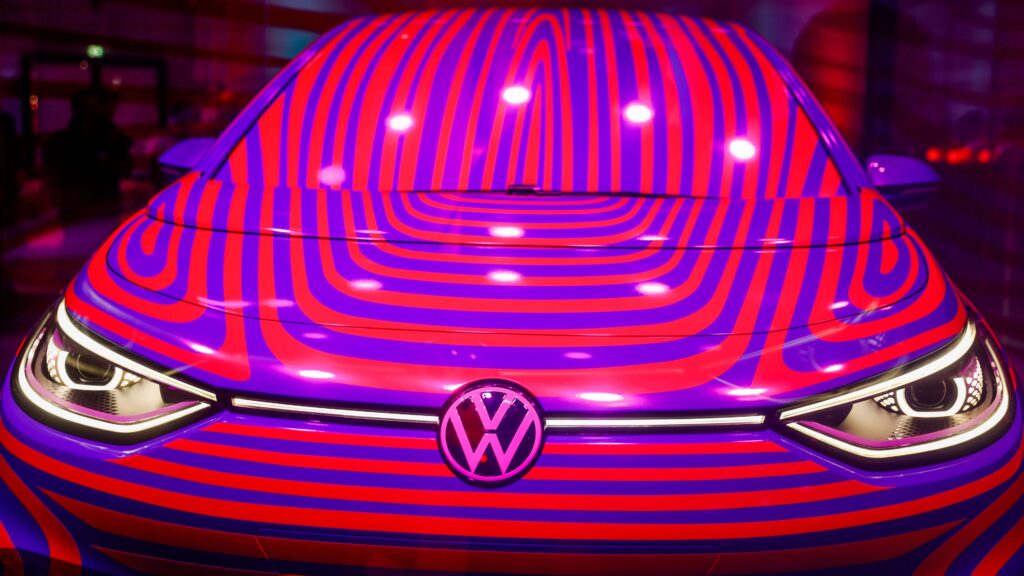Some of the execs at Volkswagen must like Gacha games—so much so that, as reported by Auto Express, you now have to “subscribe” to get your car’s full horsepower output with one of its new models.
VW’s proposition is this: buy a new ID.3—the brand’s “entry level” (I remember when that used to mean <£20,000, not over £30k) electric hatchback—in some of the mid-level trims, and you get a somewhat piddling 201 horsepower. But if you’re feeling frisky, you can tack on a £16.50/mo subscription, or a one-time £649 fee, to break the paywall and unleash an extra 27hp. Sound familiar? Even to a novice gamer, this business model is probably old hat.
I’m no stranger to aftermarket car modifications “unlocking” more power. There’s more of a special DIY feeling there, like overclocking your RTX 5080 or modding Skyrim to make elderly people graphically coherent. But when features of your car are built in, and then the marque upcharges you to access them? That’s where you lose me.
Back in my day, you bought Need for Speed: Hot Pursuit 2 for the Nintendo GameCube, and that was it. You got the full game. But over the last two decades, as triple-A publishers learned to master the art of consumer exploitation via DLC and subscription models, buying a game these days can feel like buying a work in progress. Trust me, I play Paradox grand strategy games.
Auto manufacturers, a notoriously conservative bunch, were much slower to adopt this particular technique of wringing their buyers dry. But subscription features did start slowly creeping in in the late 2010s, as cars became integral parts of the “internet of things,” or the increasing number of formerly analogue objects and appliances that now have internet connectivity for some reason.
BMW gained particular infamy for locking Apple CarPlay and heated seats (seriously, you can’t make this up) behind a paywall. Luckily, consumers reacted so poorly that the company reversed course on both. But as any survival game expert will tell you, the horde of zombies outside your shelter don’t go away just because they failed to break down your door the first time.
I play 98% of my PC games on Steam—including some pretty darn old releases. But recently I’ve been wondering, what happens if/when Valve goes under, or computer hardware advances to a point where my previous purchases are no longer compatible, or my library loses support in some other way? I bought my games on Steam, but do I really own them? When cars debut in early access, with paywall-locked features and live-service models, what happens when your trusty jalopy bricks while driving down the road? Oh wait; we already know.


